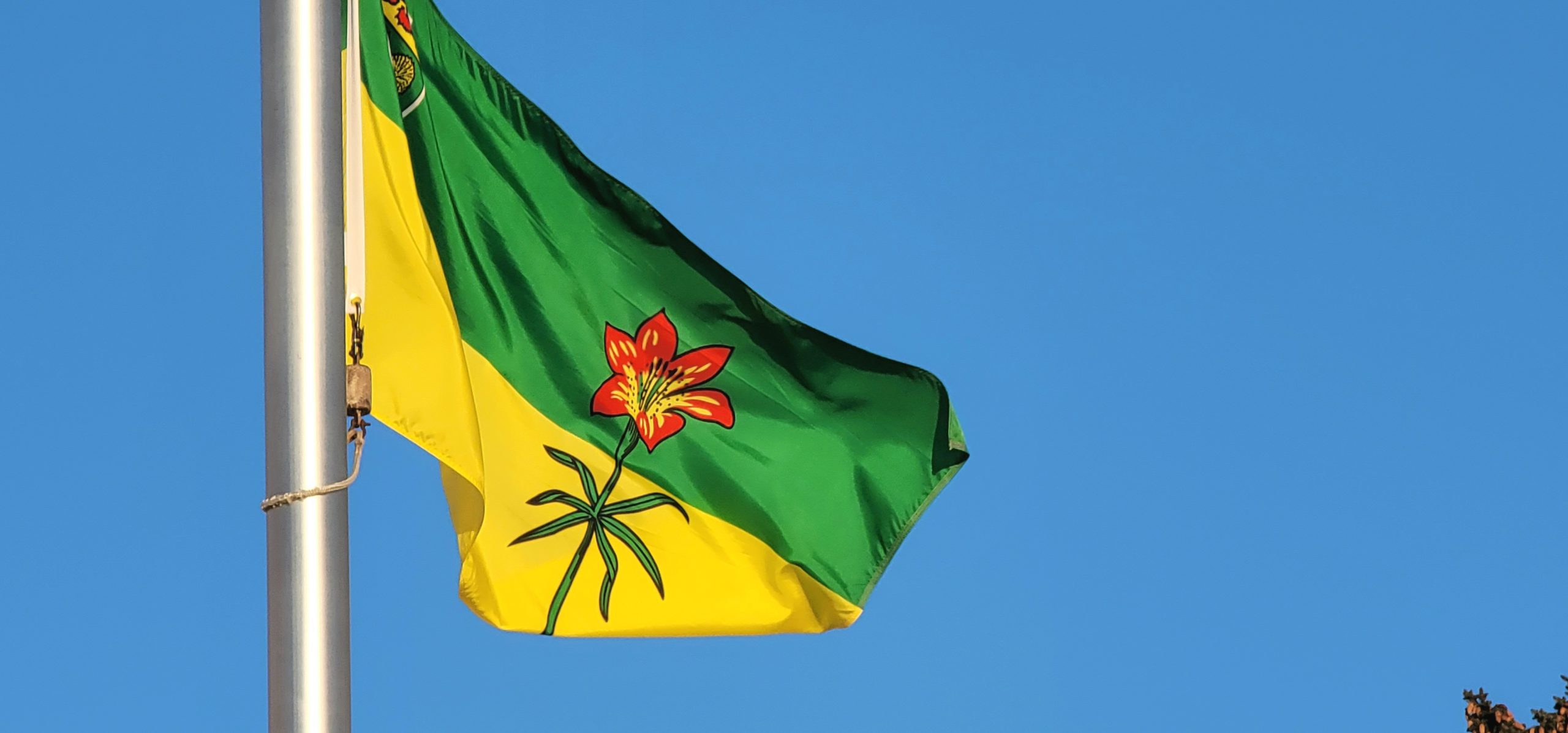Premier Scott Moe’s statement that the federal government’s policies will cost Saskatchewan $111 billion by 2035 is getting traction from stakeholders and the opposition NDP.
The government’s policy paper titled “Drawing the Line: Defending Saskatchewan’s Economic Autonomy” was released on Oct. 11 at the Battlefords Chamber of Commerce. The document indicates that according to the Ministry of Finance, the impact of nine federal climate change policies will cost Saskatchewan $111 billion between 2023 and 2035.
Moe says “It is time to defend and assert Saskatchewan’s economic autonomy by ‘drawing the line:’ taking a number of steps including the introduction of provincial legislation to clarify and protect Saskatchewan’s constitutional rights.”
The Federation of Sovereign Indigenous Nations says that First Nations have never relinquished their rights to the natural resources on their lands and the province has never fully considered the environmental impacts on First Nations.
“Premier Moe talks about the constitutional rights of the province, yet he and his government continually ignore First Nations’ inherent and Treaty rights, as well as our section 35 constitutional rights. First Nations do not know what the effects of this plan will be because we were not even provided with any information on this plan,” says Vice Chief Heather Bear.
Bear continues saying,”The Premier must do better and he must address his
obligations to First Nations before he develops plans that will no doubt impact our Nation.”
The paper outlines the possible next steps as:
- Provincial legislation to clarify and protect constitutional rights belonging to the province
- Pursue greater autonomy over immigration policy to ensure Saskatchewan has the people it needs
- Better recognize Saskatchewan industry contributions to sustainable growth – for example, develop a carbon credit market to support our natural resource industries
- Prepare to take legal actions, legislative or otherwise, to maintain control of electricity, fertilizer emission/use targets and oil and gas emissions/production
- Explore greater autonomy in tax collection.
The opposition NDP says the premier’s “Drawing the Line” is a distraction and falls short of what it calls the government’s failures on healthcare, jobs, and affordability.
“Saskatchewan New Democrats have a long and proud history of standing up for Saskatchewan people and jobs. When the federal government makes decisions that negatively impact our province, we’re not afraid to go to bat and do the work to actually deliver for Saskatchewan people,” says Opposition leader Carla Beck in a statement.
Beck adds,”If this was a serious plan, it would have included a plan to bring back the equalization lawsuit launched by New Democrats but abandoned by the Sask Party in 2008.” She concludes, “Moe isn’t presenting this report to protect the jobs of Saskatchewan people, but to distract to protect his own.”
On the issue of jobs, the NDP further states that according to the recent Stats Canada numbers, “Saskatchewan has lost 2,200 jobs month-over-month, the second worst among the provinces. From August to September, full-time employment also decreased by 5,600 month-over-month, the second worst among provinces.”
Moe fuels the discussion by citing the ruling of the Alberta Chief Justice earlier this year on the federal government’s Impact Assessment Act. Catherine Fraser wrote, “Through this legislative scheme, Parliament has taken a wrecking ball to the constitutional rights of the citizens of Alberta and Saskatchewan and other provinces to have their natural resources developed for their benefit.”
Referencing the report, the Saskatchewan Chamber of Commerce says, “an appropriate transition process to achieving net-zero is paramount if the province is to continue being a world leading natural resource producer.”
“Saskatchewan’s role as a global leader in producing sustainable food, fuel, and fertilizer is dependent on the province fully leveraging its rich natural resources, a feat that is challenging within the current policies and regulations,” says Prabha Ramaswamy, CEO of the Saskatchewan Chamber of Commerce. “Action on climate and environment are critical, although it is imperative to consider the sustainability of Saskatchewan’s economy when making these decisions,” says the business leader in a statement.
Moe says the government will reveal its next steps in the Speech from the Throne on Oct. 26.




